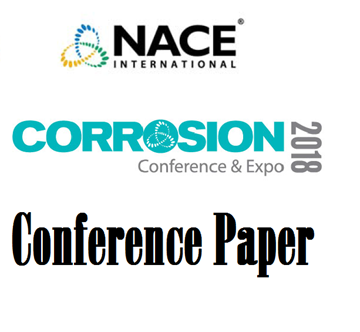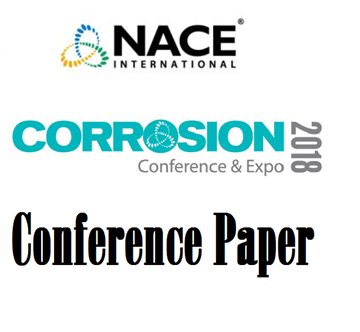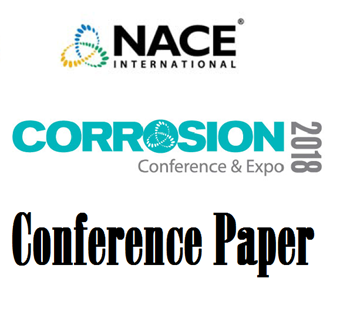Search
51318-10868-A Functional Test Program for Assessing Internal Corrosion Monitoring Probes’ Performance
Also Purchased
51318-10937-A New Perspective on Corrosion Monitoring
Product Number:
51318-10937-SG
Publication Date:
2018
$20.00
51318-10893-Internal Corrosion Monitoring in Natural Gas Pipelines using Fe Thin Film Coated Optics
Product Number:
51318-10893-SG
Publication Date:
2018
$20.00
51318-10869-Failure Analysis for a Piggable Pipeline Through ICDA Methodology
Product Number:
51318-10869-SG
Publication Date:
2018
$20.00




